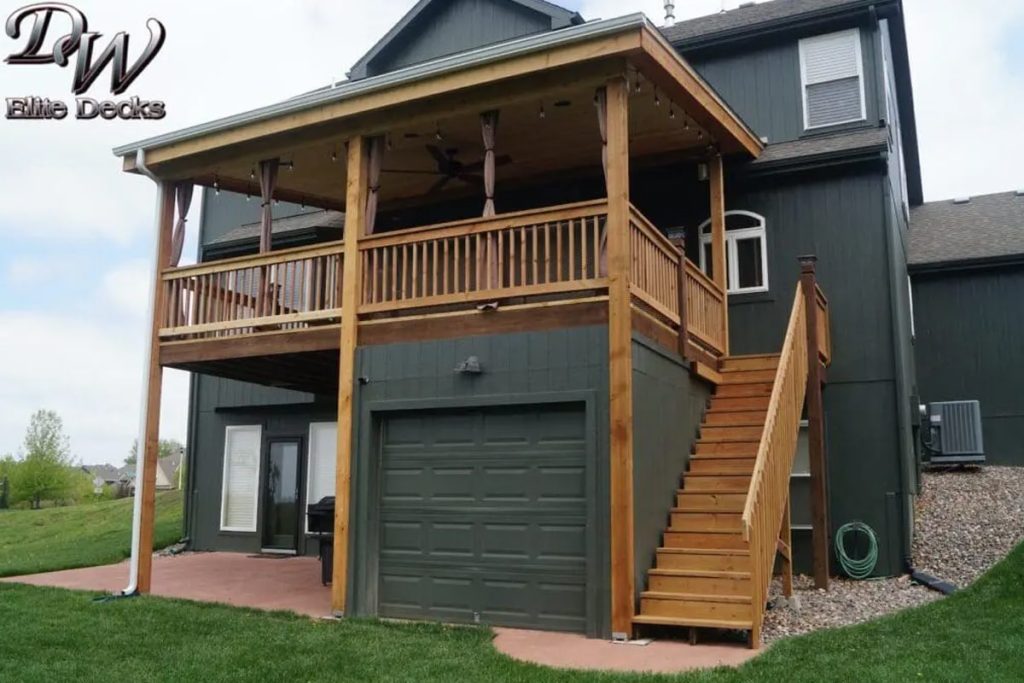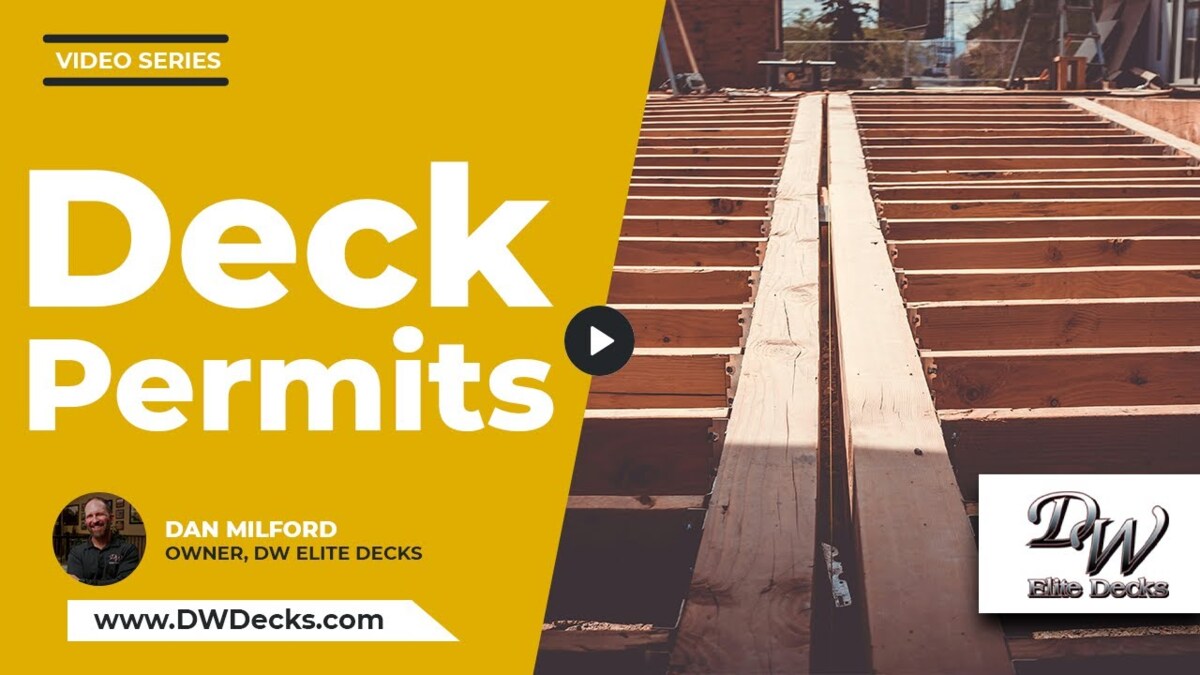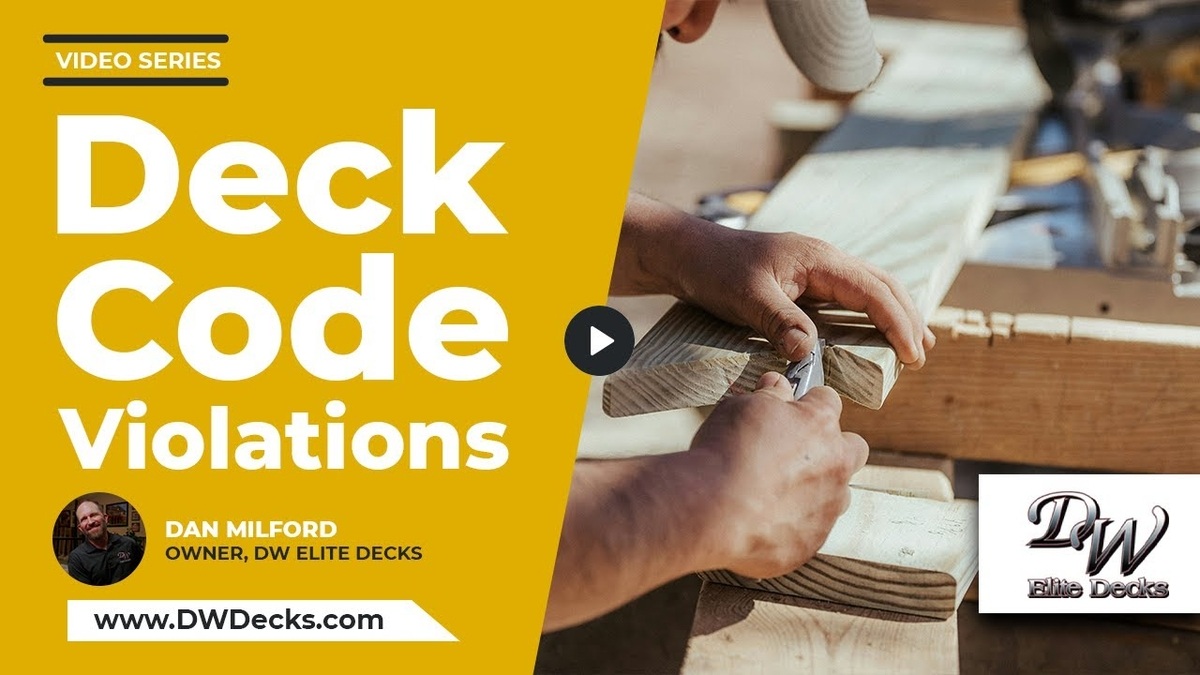Homeownership almost always involves a very sizeable investment. Whether you own your house or are still paying off your mortgage, your home unquestionably represents a large portion of your financial assets, which means it’s an important part of your future, as well. Not only do you have to live in it for the present, but when the time comes to move out and find a new home, the ability to make some money off the sale of your current one (or at the very least avoid losing money on its sale) can significantly boost your budget.
Still, over the years, the elements can threaten the quality of your home, both inside and out. We all do our best to protect our home from the weather, but sometimes a little bit of extra attention is needed to make sure that you’re truly protecting your investment.
The following weather hazards are a few of the trouble areas to watch out for when it comes to protecting your home from the elements gone rogue. Knowing how to deal with these irritating–and sometimes costly–issues can make a huge difference when it comes to keeping your home in great shape for the future.
Careful Cents just produced an incredibly comprehensive piece that highlights choosing the right deductible for homeowner’s policies! It’s already had a great response from their readers, why not check it out? Here’s a link to it: Choosing The Right Homeowners Insurance Deductible
Understandably enough, the roof of your house is one of the most important barriers between you and the unforgiving elements. What many homeowners don’t realize, though, is that the roof can be a little more complex than it might seem. Unless you happen to live in a thatched-roof cottage, the roof that sits up above your head is more than likely made from multiple layers.
This means that there are multiple places where problems can arise, making it important to stay on top of your roof maintenance depending on the climate in your specific part of the world. A good rule of thumb is to have your roof checked out at the beginning of every rainy season, but it’s also a good idea to waterproof after a major storm, as well. Roof maintenance can go a long way when it comes to reselling your house, sometimes making a difference to the tune of up to three thousand dollars.
Redfin created a guide to provide tips and highlight the financial considerations to keep in mind before buying a fixer upper. Their guide also has a list of financing programs buyers can use to help with the cost of remodeling their homes. Here’s the link: https://www.bankrate.com/real-estate/buying-a-fixer-upper/
In architectural parlance, a “joint” is any place where one material meets another. These areas are also among the first places where leaks like to spring up, so it’s smart to make sure you have the joints and foundations of your building checked out when you’ve been experiencing particularly wet weather in your area.
Even if you haven’t been dealing with a spate of rainy weather, it can still be important to regularly check your home for leaks and learn how to waterproof certain areas. Groundwater, sprinkler systems, and other sources can lead to incursion, letting water into your home where it can be allowed to wreak damage slowly but surely, over time.
Mold in the home is no joke — not only does it pose a health risk for you and your family, but it can be expensive to clean up, and can impact the resale value when you’re ready to move on. Keeping your windows properly sealed is a great way to avoid letting mold form in the home, as the windows can often let water seep into the walls of a home or apartment building.
Once that water makes its way inside the walls — even if there isn’t that much of it — it can lead to issues that are far more serious in the future. Have a leak detection or waterproofing expert check the window seals of your home regularly to make sure you’re keeping everything dry, both inside and out.
Your home is an incredibly important part of your life. Not only is it your living space, but it’s a massive investment, and your ability to get a return on it in the future is highly important. Taking care to protect your home from the elements can make it a more comfortable place to live while you’re still there, while also making it a financial boon when the time eventually comes to resell.
Article by Natalie Jones (guest writer)








